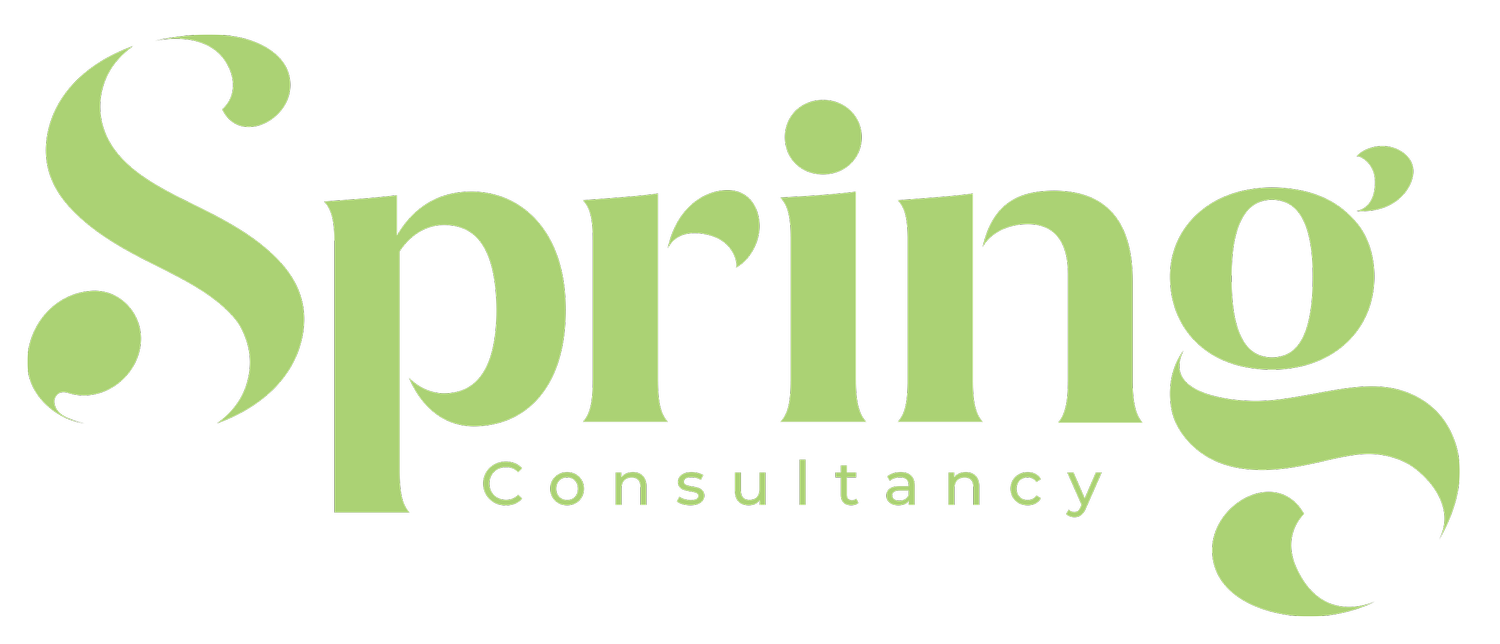Autumn Statement 2023
The Chancellor’s “Autumn Statement for growth” stated that rather than heading into recession, the UK economy has grown. The measures he has announced plan to “not just remove barriers to investment, they will reward effort and work”.
Here are our key takeaways from Jeremy Hunt’s announcement:
Highlights affecting individuals
National Insurance Cuts
For the Self-Employed, Class 2 National Insurance (currently at £192 per year) will be abolished completely from 6 April 2024. Class 4 National Insurance which is currently at 9% on all earnings between £12,570 and £50,270 will be reduced to 8% from 6 April 2024.
For a Self-Employed individual making annual profits of £40,000, they should save £466 in the year to 5 April 2025.
Those that are employed will benefit from a 2% reduction to the main rate of Class 1 NICs and this will take effect from January 2024. This means that earnings between £12,570 and £50,270 currently being taxed at 12% will go down to 10% so a potential boost to take home pay of up to £62.83 per month or £754 per year.
Requirement to file a Tax Return
Announced quietly within an update to tax agents earlier this year, the government had already increased the threshold for individuals with income taxed only through Pay As You Earn to file a Self-Assessment return for 2023-24 to £150,000.
It wasn't mentioned in the Chancellor's speech, but the threshold will be abolished altogether from the tax year 2024-25. This change removes the requirement for those whose only earnings are through PAYE to submit a tax return completely.
Whilst this will come as a relief to many, not least HMRC, it may still be advisable to check whether you haven’t overpaid taxes and are benefiting from full tax relief on pension contributions. As well as ensuring all employment related expenses have been claimed and whether making additional contributions to your pension pot prior to the end of the tax year is recommended in a bid to reduce tax.
Individual Saving Account (ISA) reform
A number of changes will be made to simplify ISA schemes, this aims to reduce complexity and widen the scope of investments that can be included in ISAs.
The changes include allowing multiple subscriptions to ISAs of the same type every tax year from April 2024.
The government has also announced that it will be digitising the ISA reporting system to enable the development of digital tools to support investors.
Maxing Tax Digital for Income Tax Self-Assessment
Dubbed MTD for ITSA – the government has been reviewing the potential impact of the requirements due to take effect from April 2026 on small businesses. They are working on changes to simplify and improve the system.
Once this is made final we will provide a full summary explaining how this will work in practice.
Pensions
The Chancellor is honouring commitment to the triple lock in full – this was introduced in 2011 and means that the basic state pension and single tier state pension increase by the higher of: earnings, inflation (CPI) and 2.5%, ensuring that the pension received is not overtaken by the cost of living.
From April 2024, there will be an increase to the new state pension by 8.5% to £221.20 a week, worth up to £900 more a year.
There will be a consultation on giving savers a legal right to require a new employer to pay pension contributions into their existing pension pot—giving people greater control of their pension with one pot for life.
National Living Wage
From 1 April 2023, those on the minimum wage – now known as the National Living Wage – will see their hourly wage go up from £10.42 per hour to £11.44 an hour with the age threshold lowered from 23 to 21 years old.
Measures affecting Businesses
Capital Allowances
Capital allowances allow businesses to write off the cost of qualifying expenditure against taxable income, reducing the overall tax bill.
From 1 April 2023 the super deduction was replaced with Full Expensing – 100% capital allowances for qualifying plant and machinery and 50% first-year allowance for special rate expenditure due to remain in place until 31 March 2026. This has now been made permanent.
Research & Development
To further support research and development, a new simplified R&D tax relief has been created, combining the existing R&D Expenditure Credit and SME schemes. R&D tax relief is an incentive designed to reward UK companies for investing in innovation.
The rate at which loss-making companies are taxed within the merged scheme will be reduced from 25% to 19% and the threshold for the additional support for R&D intensive loss-making SMEs announced in Spring will be lowered to 30%.
Tax Relief for the Creative Sector
The government will continue to support the UK’s world-leading creative industries by increasing the generosity of the Audio-Visual Expenditure Credit for visual effects expenditure, and will work with industry on how best to design this with the intention of implementing changes to the tax relief from April 2025.
Furthermore to support the production of film and high-end TV across the UK, the government will provide £2.1 million of new funding next year for the British Film Commission and the British Film Institute Certification Unit
Business Rates
Your business rate bill is based on the rateable value of the property and the multiplier.
The small business multiplier will be frozen for a further year and the 75% business rate discount for retail hospitality and leisure businesses will also be extended for another year. This Chancellor did caveat this stating that it is "not possible to continue with temporary support measures forever".
After all the media coverage over the last couple of weeks, there was no mention of Inheritance tax and no further changes to income tax or Corporation tax. With a General Election looming next year, perhaps some changes have been put on hold for the Spring Budget as it’ll be closer to the Election…
Source: HM Treasury 22-11-2023
If you have any queries regarding the announcement and how you may be affected or are looking for more clarity on your business financials, now is the perfect time to get in touch
This summary is to serve as a guide, it does not cover the entire Autumn Statement (which can be found on the Government website) and it should not be taken as professional advice.

